
Utena: A Tranquil Escape in Lithuania
Nestled in northeastern Lithuania, Utena is a serene city known for its picturesque landscapes, rich history, and vibrant culture. As you explore Utena, you'll be charmed by its beautiful lakes, lush forests, and well-preserved architecture. The city is a perfect destination for those seeking a peaceful retreat while still enjoying a variety of activities and attractions. Utena is home to several stunning natural sites, including the Utena Lake District, which boasts over 100 lakes. These pristine waters are perfect for swimming, fishing, and boating. The surrounding forests offer excellent hiking and cycling trails, allowing visitors to immerse themselves in the region's natural beauty. In the autumn, the forests transform into a vibrant tapestry of colors, making it a fantastic time to visit. History enthusiasts will appreciate Utena's rich cultural heritage. The city dates back to the 13th century and has several historical landmarks, such as the Utena Church of the Ascension and the Utena Regional Museum. The museum offers fascinating exhibits on the local history, culture, and traditions, providing a deeper understanding of the area's past. Additionally, Utena is known for its beer production, with the Utenos Brewery being one of the oldest and most famous in Lithuania. A tour of the brewery is a must for beer lovers. Utena also hosts various cultural events throughout the year, including music festivals, art exhibitions, and traditional Lithuanian celebrations. The city's friendly locals are always eager to share their customs and traditions with visitors, making it a welcoming and enriching experience. Whether you're looking to relax by the lakes, explore the forests, or delve into the local history and culture, Utena offers a unique and memorable getaway.
Local tips in Utena
- Visit the Utena Lake District for stunning views and outdoor activities like swimming, fishing, and boating.
- Explore the local forests, particularly in autumn, for breathtaking hiking and cycling experiences.
- Don't miss the Utena Regional Museum to learn about the city's rich history and cultural heritage.
- Take a tour of the Utenos Brewery to experience one of Lithuania's oldest and most famous beer producers.
- Check the local calendar for cultural events and festivals to enhance your visit with unique local experiences.
Utena: A Tranquil Escape in Lithuania
Nestled in northeastern Lithuania, Utena is a serene city known for its picturesque landscapes, rich history, and vibrant culture. As you explore Utena, you'll be charmed by its beautiful lakes, lush forests, and well-preserved architecture. The city is a perfect destination for those seeking a peaceful retreat while still enjoying a variety of activities and attractions. Utena is home to several stunning natural sites, including the Utena Lake District, which boasts over 100 lakes. These pristine waters are perfect for swimming, fishing, and boating. The surrounding forests offer excellent hiking and cycling trails, allowing visitors to immerse themselves in the region's natural beauty. In the autumn, the forests transform into a vibrant tapestry of colors, making it a fantastic time to visit. History enthusiasts will appreciate Utena's rich cultural heritage. The city dates back to the 13th century and has several historical landmarks, such as the Utena Church of the Ascension and the Utena Regional Museum. The museum offers fascinating exhibits on the local history, culture, and traditions, providing a deeper understanding of the area's past. Additionally, Utena is known for its beer production, with the Utenos Brewery being one of the oldest and most famous in Lithuania. A tour of the brewery is a must for beer lovers. Utena also hosts various cultural events throughout the year, including music festivals, art exhibitions, and traditional Lithuanian celebrations. The city's friendly locals are always eager to share their customs and traditions with visitors, making it a welcoming and enriching experience. Whether you're looking to relax by the lakes, explore the forests, or delve into the local history and culture, Utena offers a unique and memorable getaway.
When is the best time to go to Utena?
Iconic landmarks you can’t miss
Bunny Valley
Experience the joy of wildlife at Bunny Valley, a family-friendly zoo in Lithuania, where nature and education come together in a magical setting.
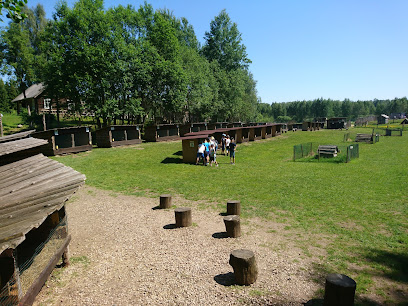
Utenio Aikštė
Discover the serene beauty of Utenio Aikštė, a stunning fountain square in Utena, Lithuania, perfect for relaxation and cultural experiences.
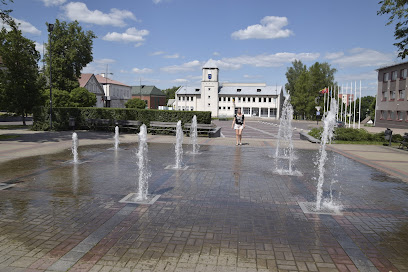
Pallets bar
Experience the vibrant nightlife of Utena at Pallets Bar, where drinks flow and memories are made in a lively atmosphere.
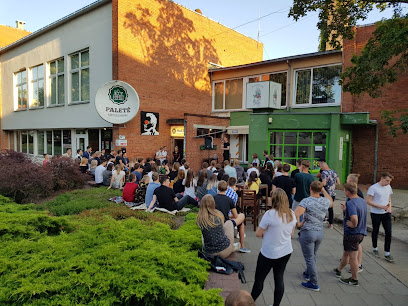
Vestuvių Kalnas
Discover the enchanting views and serene atmosphere of Vestuvių Kalnas, a hidden scenic gem in Lithuania's Utena District.
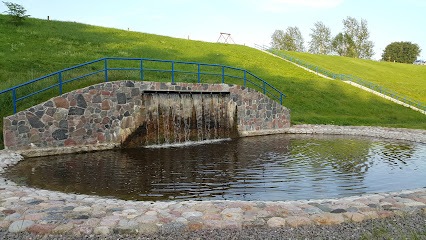
Utenos krastotyros muziejus, V. Valiusio keramikos muziejus
Explore the rich artistic heritage of Lithuania at Utenos Krastotyros Muziejus, featuring exquisite ceramics and captivating cultural exhibitions.
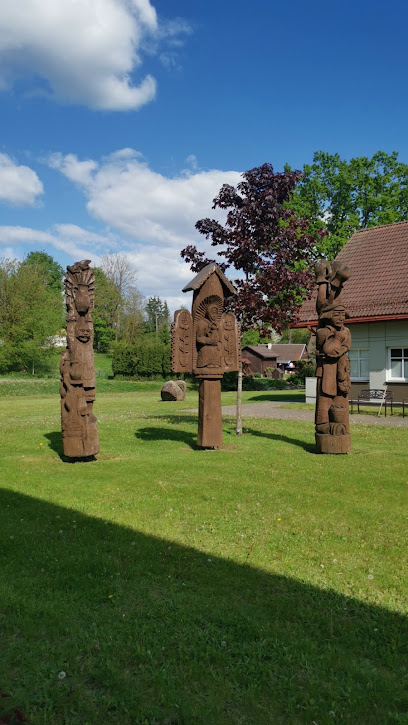
Utenos turizmo informacijos centras
Explore Utena with ease at the Utenos Turizmo Informacijos Centras, your essential stop for maps, local insights, and cultural experiences.
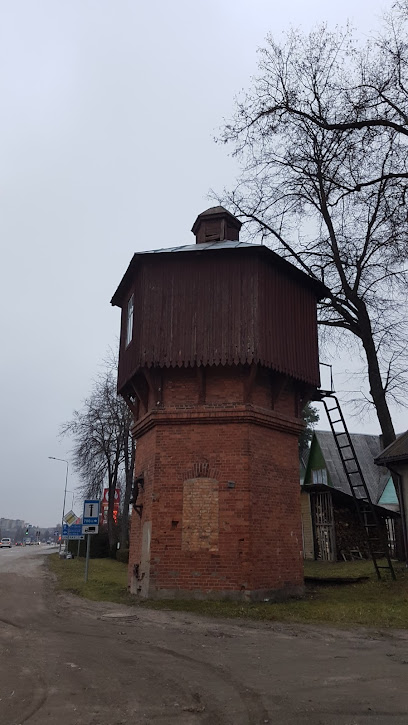
Utenos krastotyros muziejus
Explore Utenos Krastotyros Muziejus: A Journey Through Lithuanian Ethnography and Culture in Utena.
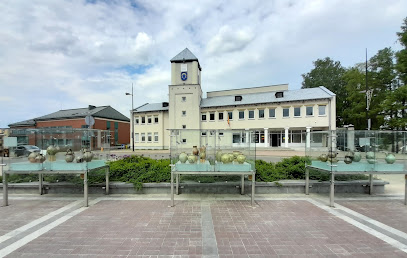
Utenos Laisvės kovų muziejus
Explore the Freedom Fight Museum in Utena, a tribute to Lithuania's resilience and a journey through its struggle for independence.
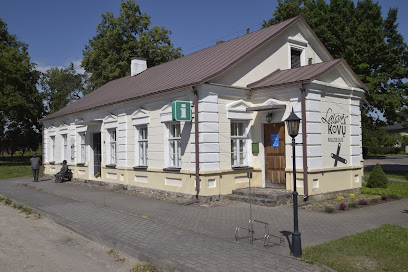
Country Houses Vidų Sodyba
Discover the serene beauty and rustic charm of Country Houses Vidų Sodyba, a perfect retreat in Lithuania's Utena District for nature lovers and relaxation seekers.

Utena St. Virgin Mary, Queen of Martyrs Chapel
Discover the serene beauty of Utena St. Virgin Mary, Queen of Martyrs Chapel and immerse yourself in its rich spiritual heritage during your travels.
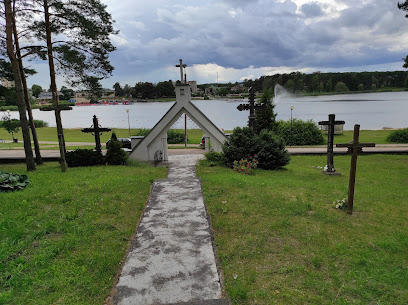
A. ir M. Miškinių literatūrinė-etnografinė sodyba
Experience the rich tapestry of Lithuanian culture at A. ir M. Miškinų Literatūrinė-Etnografinė Sodyba, where history and heritage come alive.
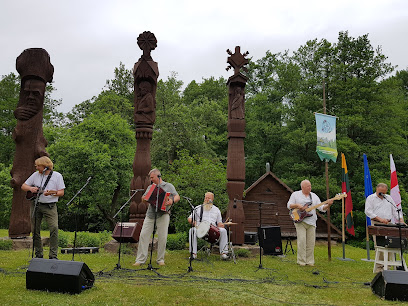
POKŠT kūrybinė erdvė- galerija
Experience Utena's vibrant cultural scene at POKŠT kūrybinė erdvė, an art gallery and community center that celebrates local creativity and artistry.
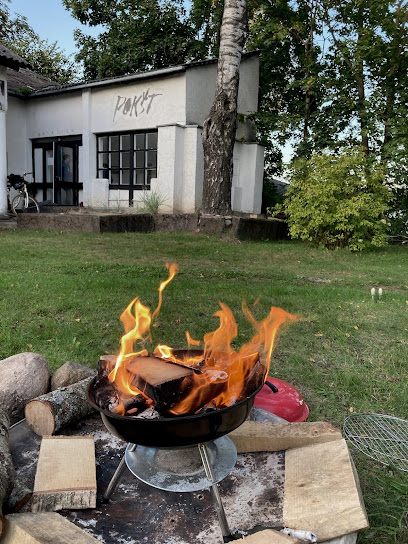
Utenos dvaras
Experience the elegance and history of Utenos Dvaras, a stunning estate in Utena, Lithuania, set amidst beautiful gardens and rich cultural heritage.
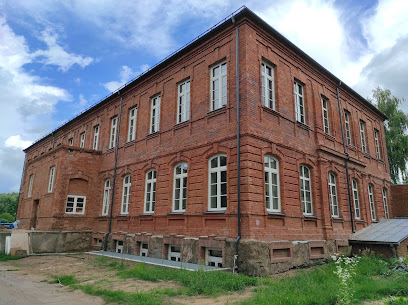
Girvale
Explore Girvale in Utena - a serene funeral home reflecting Lithuanian cultural traditions and memorial practices.
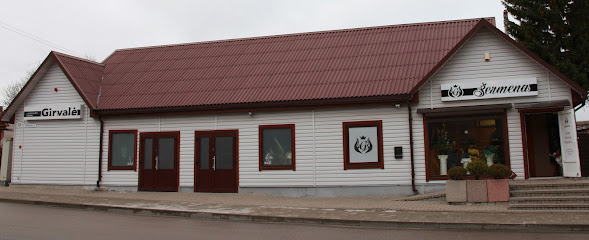
Unmissable attractions to see
Treetop walking path and information centre
Discover the breathtaking Treetop Walking Path in Anykščiai, an unparalleled attraction where nature and adventure meet above the forest floor.
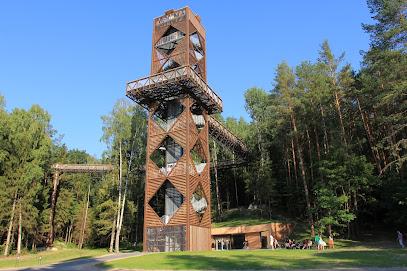
Labanoras regional park tower
Discover breathtaking panoramic views from Labanoras Regional Park Tower, a must-visit observation deck in Lithuania's stunning natural landscape.
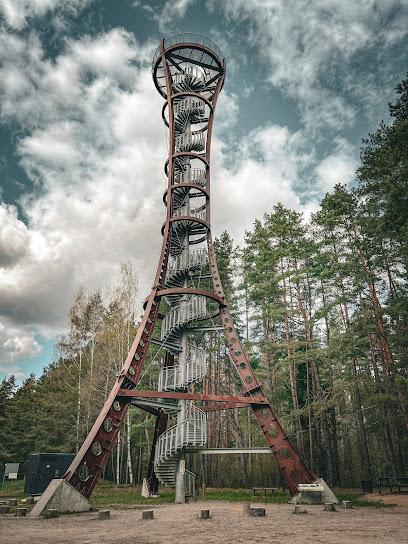
Narrow gauge railway museum
Explore the Narrow Gauge Railway Museum in Anykščiai, where history and nostalgia intersect through vintage locomotives and interactive exhibits.
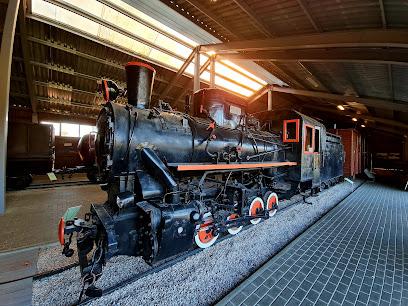
Anykščiai Church
Explore the architectural beauty and spiritual serenity of Anykščiai Church in Lithuania, a captivating destination for travelers and history enthusiasts alike.
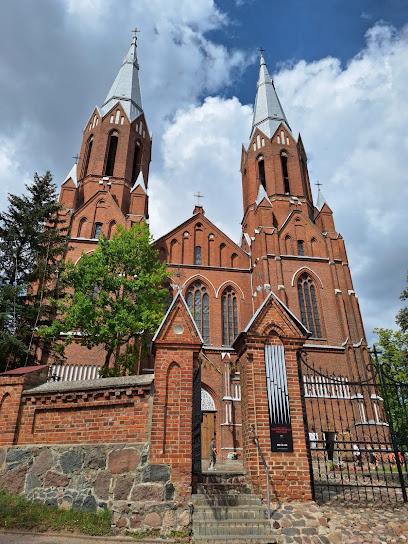
Aukstaitijos nacionalinio parko ir Labanoro regioninio parko direkcija, bitininkystes muziejus
Discover the art of beekeeping and its ecological importance at the Beekeeping Museum in Lithuania's breathtaking Aukstaitijos National Park.
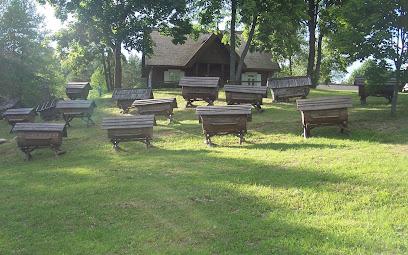
Molėtai Astronomical Observatory
Discover the cosmos at Molėtai Astronomical Observatory, where stargazing meets education in Lithuania's stunning natural backdrop.
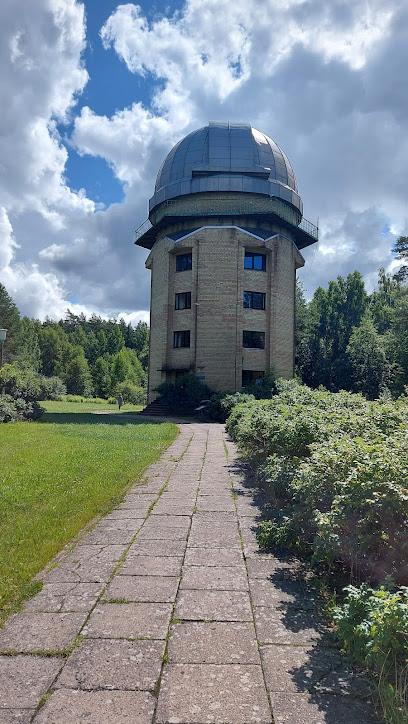
Utenio Aikštė
Discover the serene beauty of Utenio Aikštė, a captivating fountain in Utena, Lithuania, perfect for relaxation and cultural immersion.
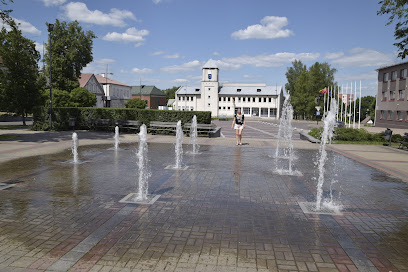
Tauragno slėnis
Discover the serene beauty of Tauragno Slėnis, a picturesque tourist attraction in Utena District, perfect for nature lovers and adventure seekers.
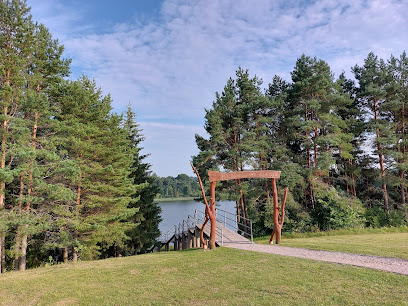
Vyžuonos parkas
Explore Vyžuonos Park, a serene green haven in Utena, perfect for nature walks, picnics, and seasonal beauty year-round.
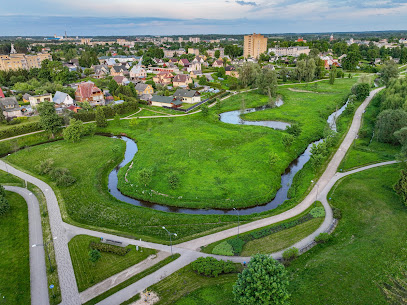
Utenos Kristaus zengimo i dangu baznycia
Experience the architectural beauty and spiritual tranquility of Utenos Kristaus Zengimo į Dangu Baznyčia in Utena, Lithuania.
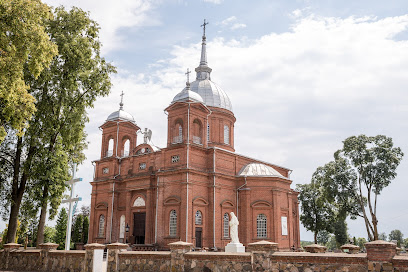
Krokulė Spring
Uncover the beauty of Krokulė Spring, a serene natural wonder in Utena District, where crystal-clear waters create a magical retreat for all visitors.
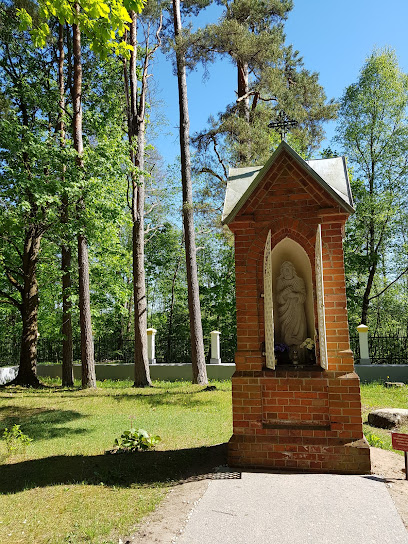
Utenos krastotyros muziejus, V. Valiusio keramikos muziejus
Explore the rich artistic traditions of Lithuania at Utenos Krastotyros Muziejus, a cultural gem in Leliūnai showcasing exquisite ceramics and local heritage.
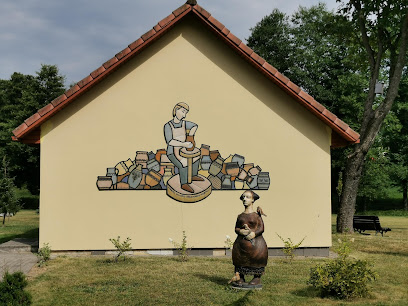
Taurapilio piliakalnis
Explore the ancient Taurapilio Piliakalnis, a captivating hillfort in Utena District, where history meets breathtaking natural beauty.
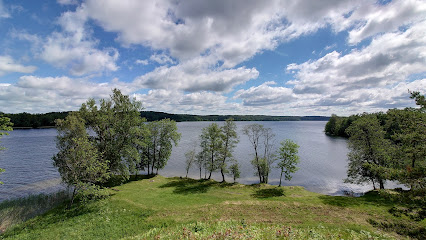
Narkūnų mound
Explore Narkūnai Mound, a historical gem in Lithuania, offering captivating views and a journey through ancient culture amidst stunning landscapes.
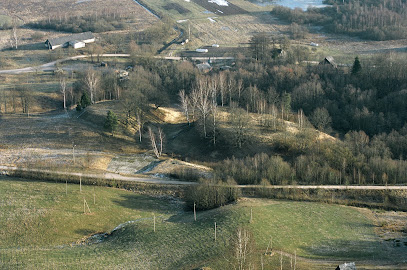
Utenos krastotyros muziejus
Explore the cultural tapestry of Lithuania at Utenos Krastotyros Muziejus, a captivating ethnographic museum in Utena.
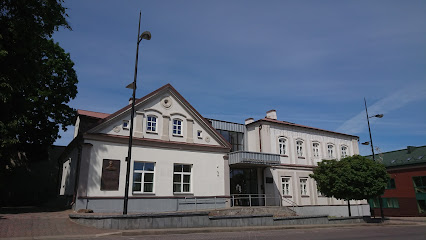
Essential places to dine
Food Lab
Discover Food Lab in Utena: A delightful restaurant offering innovative cuisine blending local flavors with modern culinary artistry.
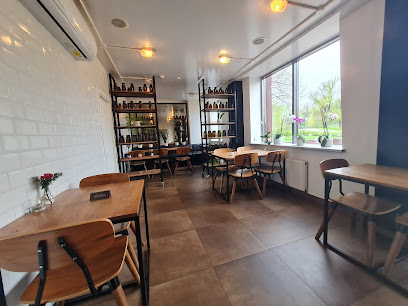
Hesburger
Discover affordable fast food delights at Hesburger in Utena – where local flavors meet global favorites.
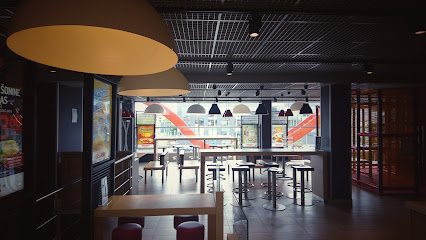
4rmis
Discover authentic Lithuanian flavors at 4rmis in Utena - where culinary traditions meet modern dining in a cozy atmosphere.
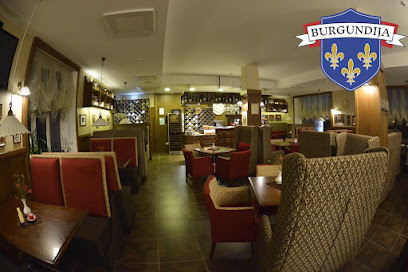
Pizza Verde
Experience authentic Italian pizza at Pizza Verde in Utena – where fresh ingredients meet traditional recipes for unforgettable flavors.
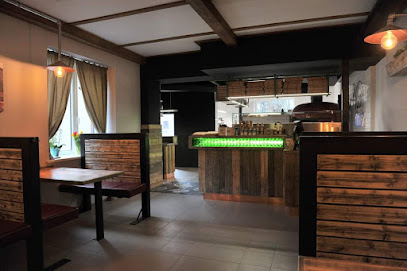
Liūtas ir avelė
Discover Liūtas ir avelė: A delightful bistro in Utena offering delicious breakfasts and brunches steeped in local flavor.
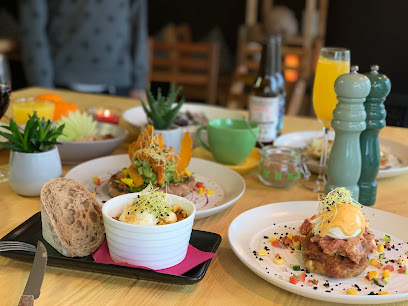
Burgundija
Experience authentic Lithuanian cuisine at Burgundija in Utena – where tradition meets taste in every dish.
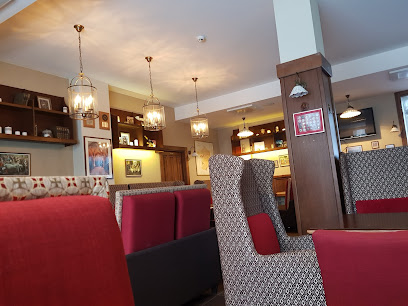
Charlie Pizza picerija
Discover the rich flavors of Lithuania at Charlie Pizza Picerija in Utena – where every slice tells a story.
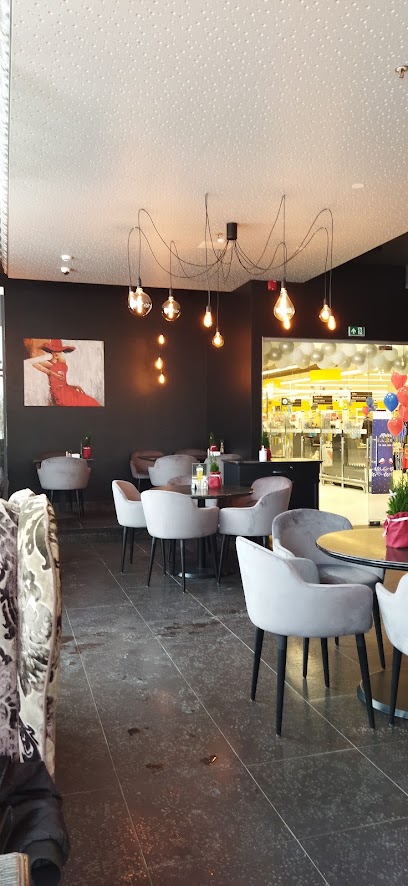
Food For You Kebabai
Discover delectable kebabs and fast food delights at Food For You Kebabai in Utena – where flavor meets affordability!
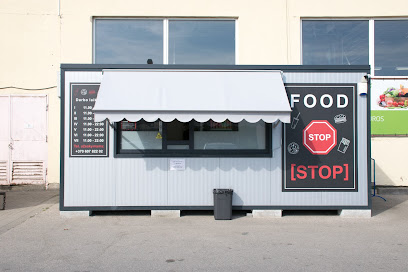
Čili pica
Discover Čili Pica in Utena – where every pizza is crafted with love and tradition, making it a favorite among locals and tourists alike.
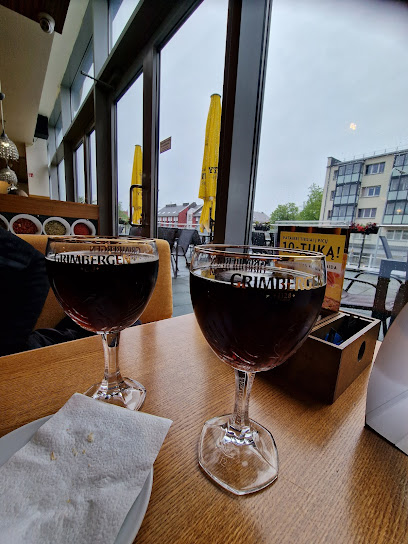
ALAUŠO SLĖNIS, poilsio ir renginių centras, UAB EŽERŲ PASAULIS
Discover tranquility at Alaušo Slėnis: A perfect blend of dining, relaxation, and nature in Utena District.
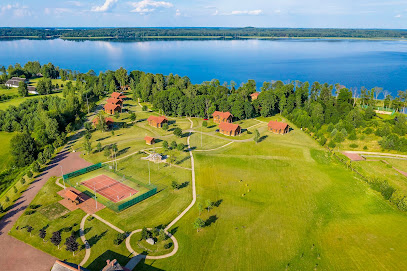
Utenos Go Kebabai
Experience authentic Middle Eastern flavors at Utenos Go Kebabai – where every bite tells a story.
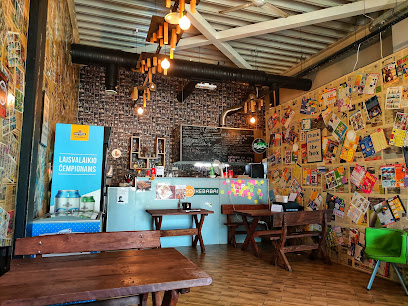
LAUREDĖ, UAB kavinė-valgykla
Experience authentic Lithuanian flavors at LAUREDĖ - your cozy dining destination in Utena with affordable prices.
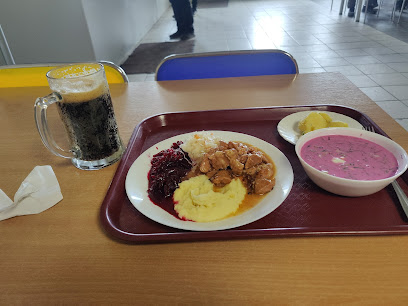
BOSS kebabai
Discover authentic flavors at BOSS kebabai in Utena - your go-to spot for delicious and freshly prepared kebabs.
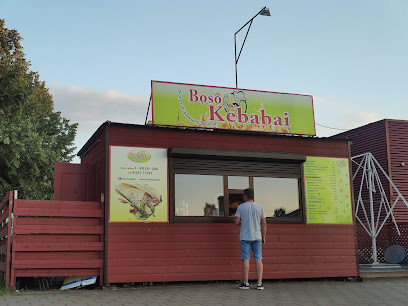
Skonių fontanas
Experience authentic Japanese cuisine at Skonių Fontanas in Utena - a delightful culinary journey awaits!
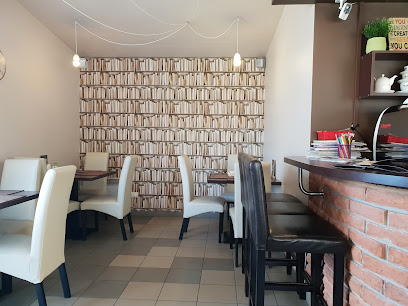
Vila GERVALIS - Renginių ir poilsio centras
Experience tranquility at Vila GERVALIS: A lakeside restaurant offering exquisite dining, relaxation at the spa, and recreational fun in Utena District.

Markets, malls and hidden boutiques
Norfa XXL
Discover the best of Lithuanian groceries at Norfa XXL in Utena, offering local and international products for every taste.
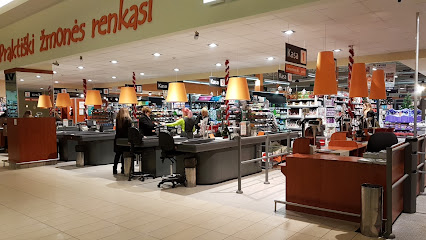
Aušra
Experience Utena's vibrant culture at Aušra, a shopping haven featuring diverse retail options and delightful dining experiences.
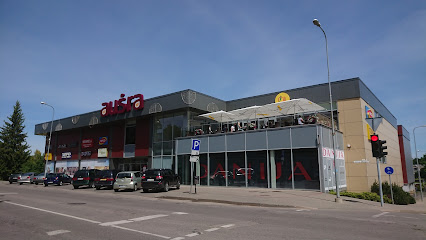
Maxima
Explore local flavors and essentials at Maxima, Utena's leading grocery store, offering fresh produce and a wide range of products.
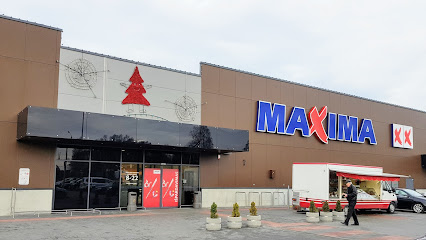
IKI - UTENA
Discover the flavors of Lithuania at IKI - Utena, your go-to grocery store for fresh produce and local specialties.
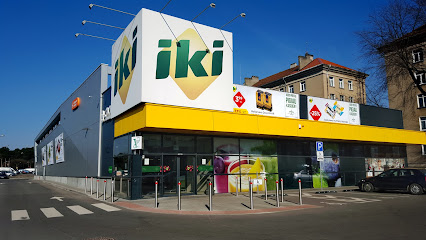
Pepco
Explore Pepco in Utena, Lithuania - your one-stop shop for affordable clothing, baby products, home goods, and toys in a family-friendly atmosphere.
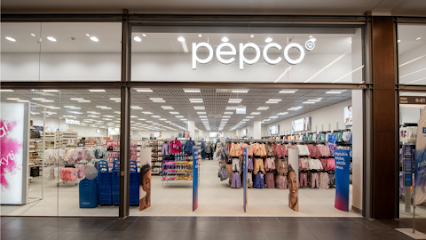
Rimi
Discover Utena's best grocery store, Rimi, where convenience meets a delightful selection of local and international products.
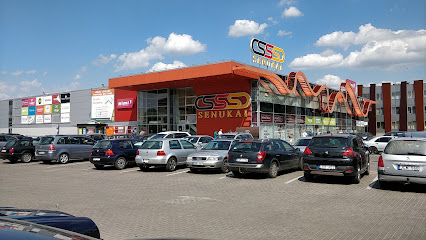
Topo Centras
Explore Topo Centras in Utena for the latest electronics, appliances, and tech accessories to enhance your travel experience.
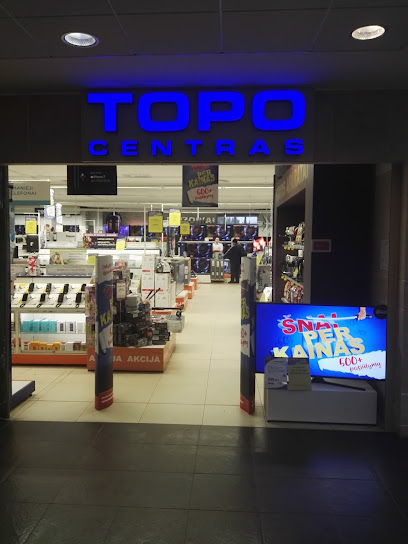
Vanilinis Dangus
Discover the delightful world of desserts at Vanilinis Dangus, a charming patisserie and café in Utena, renowned for its exquisite pastries and cozy atmosphere.
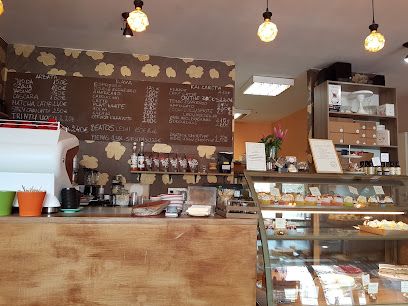
HUMANA LT (Aušros g. 36A, Utena)
Explore HUMANA LT in Utena for affordable, stylish second-hand clothing that combines sustainability with unique fashion finds.
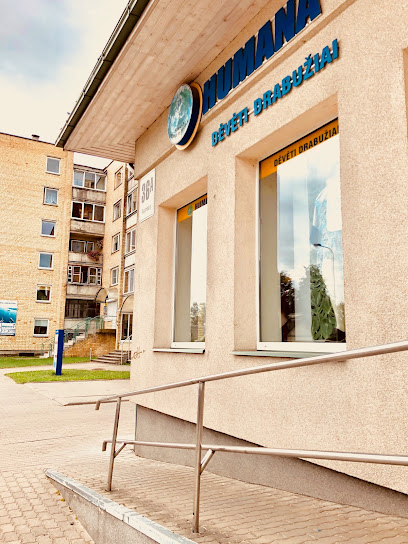
Vyturiai Aibė
Discover local flavors and essentials at Vyturiai Aibė, Utena's vibrant grocery store offering a wide selection of products.
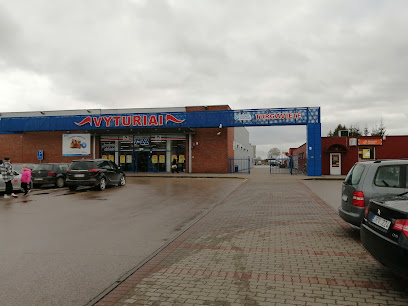
Gintaro baldai
Explore Gintaro Baldai in Utena for exquisite Lithuanian furniture and unique home decor that reflects local craftsmanship and style.
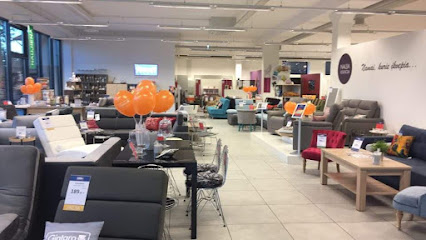
HOME IDEAS CENTER NIC Utena
Explore Utena's Home Ideas Center for a diverse shopping experience, featuring everything from home decor to lifestyle essentials.
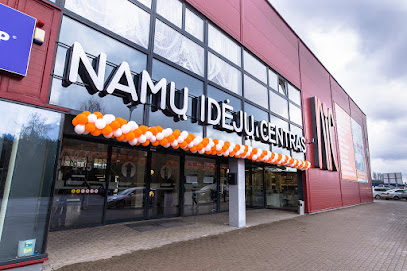
4rmis
Explore the bustling 4rmis Shopping Mall in Utena, where shopping meets local culture and culinary delights await.
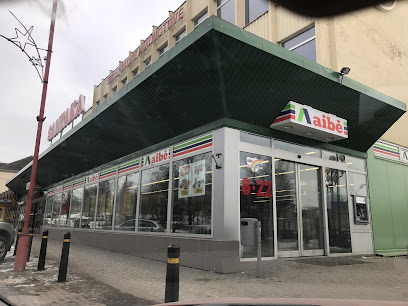
Furniture center
Explore Utena's Furniture Center for unique, stylish, and affordable furniture options that bring a touch of Lithuanian charm to your home.
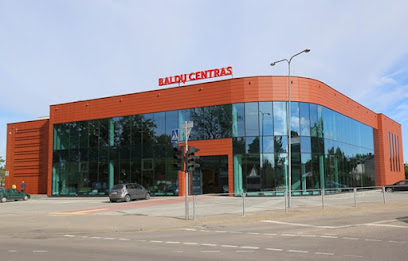
Drogas
Explore Drogas in Utena: Your one-stop beauty supply store for cosmetics and skincare essentials, perfect for tourists seeking quality products.
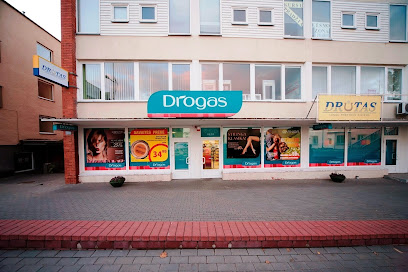
Essential bars & hidden hideouts
Food Lab
Discover an innovative culinary experience at Food Lab in Utena, where local flavors meet modern cooking techniques.
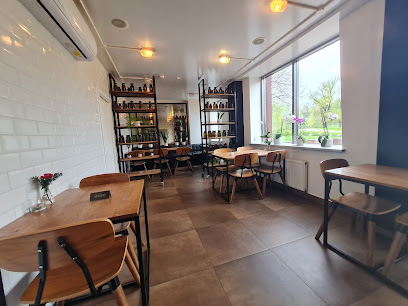
Pallets bar
Explore Utena's vibrant nightlife at Pallets Bar, where great drinks, music, and memories await you in a lively atmosphere.
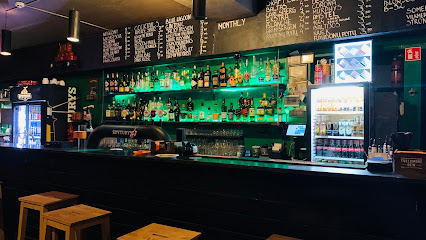
Liūtas ir avelė
Discover the flavors of Lithuania at Liūtas ir avelė in Utena, a charming bistro offering delightful breakfast, brunch, and lunch experiences in a cozy setting.
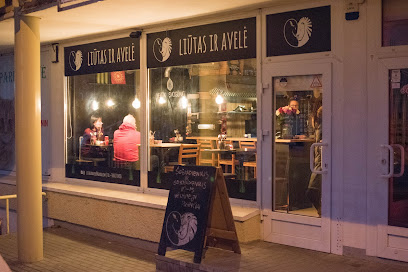
Burgundija
Experience the rich flavors of Lithuania at Burgundija, a charming restaurant in Utena offering traditional cuisine and a warm atmosphere.
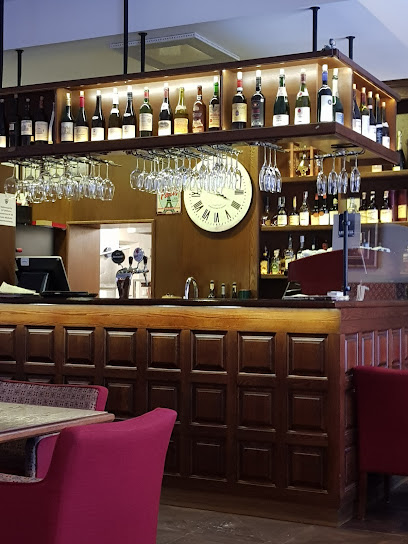
Charlie Pizza picerija
Experience a delightful culinary adventure at Charlie Pizza Picerija, where every pizza is a masterpiece crafted with love and fresh ingredients.
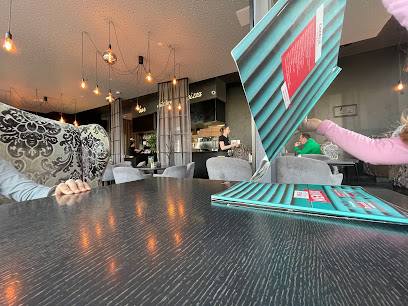
Skonių fontanas
Experience authentic Japanese cuisine at Skonių Fontanas, where tradition meets taste in the heart of Utena.
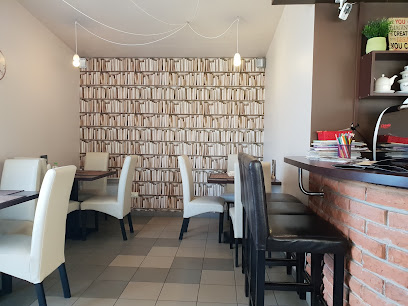
Abu, kavine-boulingo klubas, Abuva
Discover Abu, a vibrant bowling club and bar in Utena, combining fun, food, and friendship for an unforgettable experience.
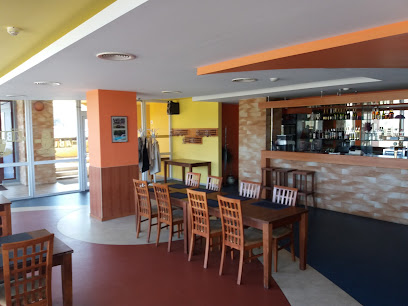
Lim Sushi Utena
Experience authentic sushi in Utena at Lim Sushi, where fresh ingredients meet exceptional flavors in a cozy atmosphere.
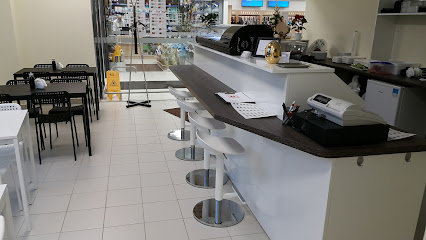
Svyturys - Utenos alus, Utenos alaus darykla
Explore the rich brewing heritage of Lithuania at Svyturys - Utenos Alus, a premier brewery in Utena offering tours and tastings of local craft beers.
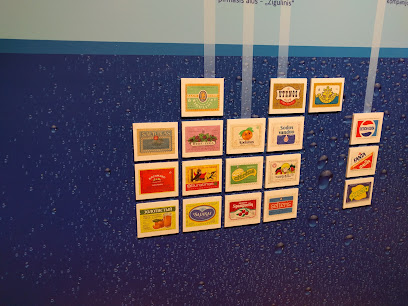
Vieša
Discover serene hospitality in Atkočiškės at Vieša Hotel, your perfect retreat in the Utena District.
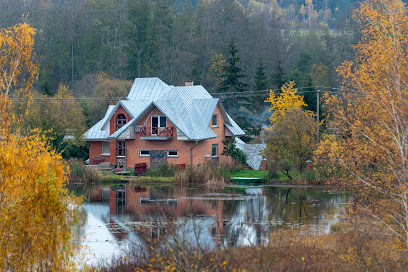
Uniclub, losimo automatu salonas, UNIGAMES
Experience the thrill of competitive pool and vibrant nightlife at Uniclub, Utena's top bar and pool hall.
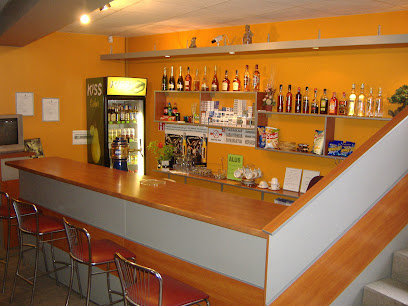
Vynoteka
Explore the finest selection of wines, beers, and gourmet groceries at Vynoteka, your premier liquor store in Utena.
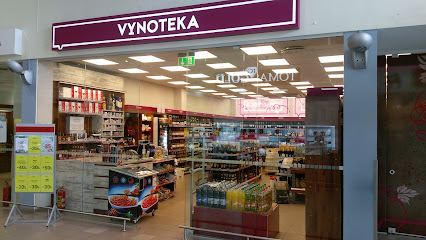
Admiral Club
Discover the excitement of Admiral Club, Utena's premier bar and gambling house, where nightlife comes alive with fun and entertainment.

Visis
Experience the essence of Utena at Visis, a cozy coffee shop offering delightful brews and a welcoming atmosphere for all visitors.
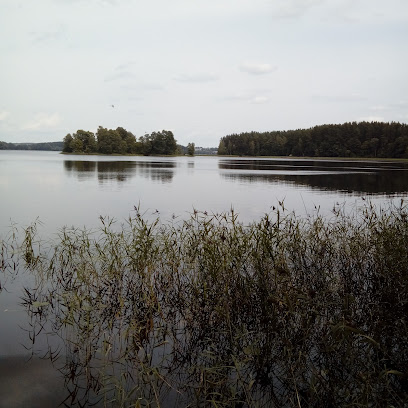
Local Phrases
-
- HelloLabas
[lah-bahs] - GoodbyeViso gero
[vee-soh geh-roh] - YesTaip
[taip] - NoNe
[neh] - Please/You're welcomePrašau
[prah-shau] - Thank youAčiū
[ah-choo] - Excuse me/SorryAtsiprašau
[ah-tsee-prah-shau] - How are you?Kaip gyveni?
[kaip gee-veh-nee] - Fine. And you?Gerai. O tu?
[geh-rai. oh too] - Do you speak English?Ar kalbate angliškai?
[ahr kahl-bah-teh ahng-leesh-kai] - I don't understandAš nesuprantu
[ahsh neh-soo-prahn-too]
- HelloLabas
-
- I'd like to see the menu, pleaseNorėčiau pamatyti meniu, prašau
[noh-reh-chiau pah-mah-tee-tee meh-nyoo, prah-shau] - I don't eat meatAš nevalgau mėsos
[ahsh neh-vahl-gow meh-sohs] - Cheers!Į sveikatą!
[ee svee-kah-tah] - I would like to pay, pleaseNorėčiau sumokėti, prašau
[noh-reh-chiau soo-moh-keh-tee, prah-shau]
- I'd like to see the menu, pleaseNorėčiau pamatyti meniu, prašau
-
- Help!Pagalba!
[pah-gahl-bah] - Go away!Eik šalin!
[eh-eek shah-leen] - Call the Police!Skambinkite policijai!
[skahm-been-kee-teh poh-lee-tsee-yai] - Call a doctor!Skambinkite gydytojui!
[skahm-been-kee-teh gee-dih-toh-yoo-ee] - I'm lostAš pasiklydau
[ahsh pah-see-kloo-dah-oo] - I'm illMan bloga
[mahn bloh-gah]
- Help!Pagalba!
-
- I'd like to buy...Norėčiau pirkti...
[noh-reh-chiau peerk-tee] - I'm just lookingAš tik žiūriu
[ahsh teek zhoo-roo] - How much is it?Kiek tai kainuoja?
[kyek tahy kai-noo-yah] - That's too expensiveTai per brangu
[tai pehr brahn-goo] - Can you lower the price?Gal galite sumažinti kainą?
[gahl gah-lee-teh soo-mah-zihn-tee kai-nah]
- I'd like to buy...Norėčiau pirkti...
-
- What time is it?Kiek valandų?
[kyek vah-lahn-doo] - It's one o'clockYra viena valanda
[ee-rah vee-eh-na vah-lahn-dah] - Half past (10)Dešimt su puse
[deh-shimt soo poo-seh] - MorningRytas
[rih-tahs] - AfternoonPopietė
[poh-pieh-teh] - EveningVakaras
[vah-kah-rahs] - YesterdayVakar
[vah-kahr] - TodayŠiandien
[shyah-ndee-ehn] - TomorrowRytoj
[rih-toy] - 1Vienas
[vyeh-nahs] - 2Du
[doo] - 3Trys
[tris] - 4Keturi
[keh-too-ree] - 5Penki
[pehn-kee] - 6Šeši
[sheh-shi] - 7Septyni
[sehp-tee-nee] - 8Aštuoni
[ahsht-woh-nee] - 9Devyni
[deh-vee-nee] - 10Dešimt
[deh-shimt]
- What time is it?Kiek valandų?
-
- Where's a/the...?Kur yra...?
[koor yrah] - What's the address?Koks adresas?
[kohks ah-dreh-sahs] - Can you show me (on the map)?Ar galite man parodyti (žemėlapyje)?
[ahr gah-lee-teh mahn pah-roh-di-tee zheh-meh-lah-pyeh] - When's the next (bus)?Kada kitas (autobusas)?
[kah-dah kee-tahs ow-toh-boo-sahs] - A ticket (to ....)Bilietas (į ....)
[bee-lyeh-tahs ee]
- Where's a/the...?Kur yra...?
History of Utena
-
Utena, one of Lithuania's oldest settlements, dates back to the 13th century. Archaeological evidence suggests that the area was inhabited by Baltic tribes long before the town was officially mentioned in historical records in 1261. The strategic location of Utena made it an important site for trade and defense against invaders.
-
During the 14th and 15th centuries, Utena was frequently caught in the conflict between the Grand Duchy of Lithuania and the Teutonic Order. The region saw numerous battles and skirmishes as both sides vied for control. The town's fortifications were repeatedly tested, but Utena managed to retain its Lithuanian identity.
-
In 1569, the Union of Lublin united the Kingdom of Poland and the Grand Duchy of Lithuania into a single state, the Polish-Lithuanian Commonwealth. Utena became part of this powerful entity, enjoying economic growth and cultural development. The town's market flourished, and it became a hub for local craftsmen and traders.
-
The late 18th century saw the partitions of the Polish-Lithuanian Commonwealth by Russia, Prussia, and Austria. Utena fell under the control of the Russian Empire in 1795. This period was marked by significant changes in governance, as well as cultural suppression, especially during the Tsarist regime's efforts to Russify the region.
-
The late 19th and early 20th centuries witnessed a national revival movement in Lithuania, including Utena. The town became a center for cultural and political activism, contributing to Lithuania's declaration of independence in 1918. During the interwar period, Utena thrived as part of the newly independent Lithuanian state.
-
Utena, like much of Lithuania, endured significant hardship during World War II. The town was occupied first by Soviet forces in 1940, then by Nazi Germany in 1941, and once again by the Soviets in 1944. These occupations brought devastating social and economic impacts, including mass deportations and the Holocaust, which decimated the local Jewish community.
-
After World War II, Utena was incorporated into the Soviet Union, leading to another period of repression and forced collectivization. However, the town also saw industrial development, with the establishment of factories and modernization of infrastructure. Despite strict Soviet control, local culture and traditions were preserved and subtly nurtured.
-
Lithuania regained its independence from the Soviet Union in 1990, marking a new chapter for Utena. The town has since undergone significant transformation, embracing modernization while preserving its historical heritage. Today, Utena is known for its vibrant cultural scene, picturesque landscapes, and as a gateway to the Aukštaitija National Park.
Utena Essentials
-
Utena is located in northeastern Lithuania, about 95 kilometers from the capital city Vilnius. The nearest international airport is Vilnius Airport. From the airport, you can reach Utena by bus, train, or car. Direct buses run frequently from Vilnius to Utena and take approximately 1.5 to 2 hours. Alternatively, you can rent a car and drive, enjoying the scenic Lithuanian countryside along the way.
-
Utena is a compact town, making it easy to explore on foot. For longer distances within the town and to nearby areas, local buses and taxis are available. Bus services are reliable and inexpensive. Using a rental car can provide additional flexibility for exploring the surrounding Utena district, which is known for its beautiful lakes and forests.
-
The official currency in Lithuania is the Euro (EUR). Credit and debit cards are widely accepted in most hotels, restaurants, and shops in Utena. However, it is advisable to carry some cash for smaller establishments and rural areas. ATMs are available throughout the town for convenient cash withdrawals.
-
Utena is generally a safe destination for tourists. However, like any travel destination, it is important to take standard precautions. Avoid walking alone at night in unfamiliar areas and keep an eye on your belongings in crowded places. There are no specific high-crime areas targeting tourists in Utena, but staying vigilant and aware of your surroundings is always recommended.
-
In case of emergency, dial 112 for immediate assistance. Utena has local police stations and medical facilities available to assist in emergencies. It is recommended to have travel insurance that covers medical emergencies. Pharmacies in Utena can provide over-the-counter medications for minor health issues.
-
Fashion: Do dress modestly, especially when visiting religious sites. Avoid overly revealing clothing. Religion: Do respect local customs and traditions. Always cover your head when entering churches. Public Transport: Do be respectful and give up your seat to elderly passengers. Don’t eat or drink on public transport. Greetings: Do greet people with a handshake or a nod. Lithuanians appreciate politeness. Eating & Drinking: Do try local dishes and accept food offerings graciously. Don’t refuse hospitality, as it is considered impolite.
-
To experience Utena like a local, visit the Utenos Alus Brewery, one of the oldest breweries in Lithuania, for a taste of local beer. Explore Aukštaitija National Park, which is just a short drive from Utena, to enjoy its lakes and forests. Engage with locals in the markets and cafes; they are friendly and often willing to share insights about their culture and history. Don't miss the Utena Museum of Regional Studies, which offers a comprehensive view of the area's rich history.
Trending Landmark in Utena
-
Bunny Valley
-
Utenio Aikštė
-
Pallets bar
-
Vestuvių Kalnas
-
Utenos krastotyros muziejus, V. Valiusio keramikos muziejus
-
Utenos turizmo informacijos centras
-
Utenos krastotyros muziejus
-
Utenos Laisvės kovų muziejus
-
Country Houses Vidų Sodyba
-
Utena St. Virgin Mary, Queen of Martyrs Chapel
-
A. ir M. Miškinių literatūrinė-etnografinė sodyba
-
POKŠT kūrybinė erdvė- galerija
-
Utenos dvaras
-
Girvale
Nearby Cities to Utena
-
Things To Do in Daugavpils
-
Things To Do in Panevėžys
-
Things To Do in Vilnius
-
Things To Do in Jonava
-
Things To Do in Kaunas
-
Things To Do in Šiauliai
-
Things To Do in Marijampolė
-
Things To Do in Riga
-
Things To Do in Sigulda
-
Things To Do in Jurmala
-
Things To Do in Cesis
-
Things To Do in Suwalki
-
Things To Do in Valga
-
Things To Do in Talsi
-
Things To Do in Võru








